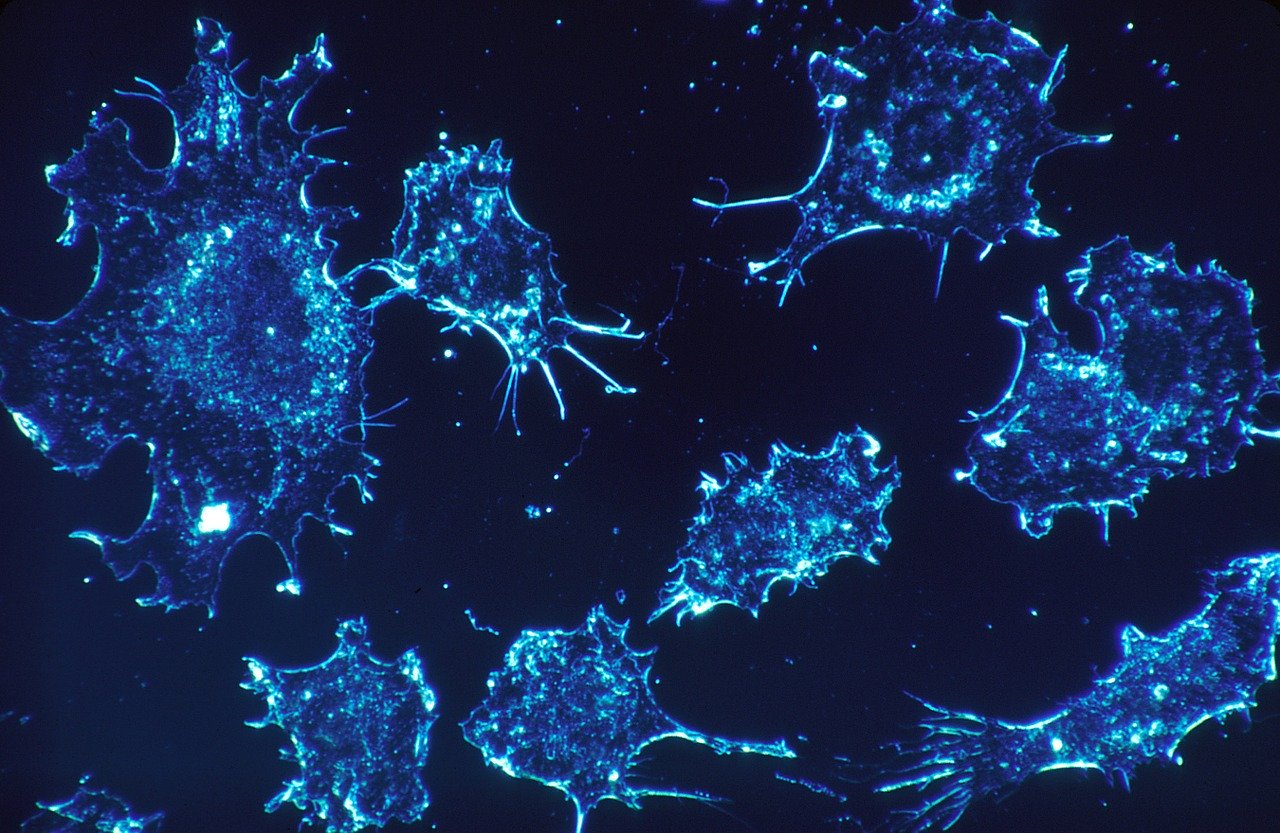In March 2020 researchers from the USA and Sweden published the results of their study to assess the association between low-dose aspirin (under 160 mg) and hepatocellular carcinoma, liver-related mortality and gastrointestinal bleeding in individuals with chronic hepatitis B or hepatitis C virus infection. A total of 50,275 individuals were identified who had been diagnosed between 2005 and 2015 with chronic hepatitis B or hepatitis C and who had no history of aspirin use, and 14,205 individuals who had started to take low-dose aspirin were involved in the study. Results showed that over an average of 8 years follow-up, the estimated incidence of hepatocellular carcinoma was 4% amongst aspirin users and 8.3% amongst non-users. This association appeared to be dependent on the duration of the low-dose aspirin intake, in that the longer the duration the less likely the incidence of hepatocellular carcinoma. Ten-year liver-related mortality was 11% amongst aspirin users and 17.9% amongst non-users. However, the 10-year risk of gastrointestinal bleeding did not differ significantly between users and non-users of aspirin.
Simon TG et al. Association of Aspirin with Hepatocellular Carcinoma and Liver-Related Mortality. N Engl J Med. 2020 Mar 12;382(11):1018-1028.

